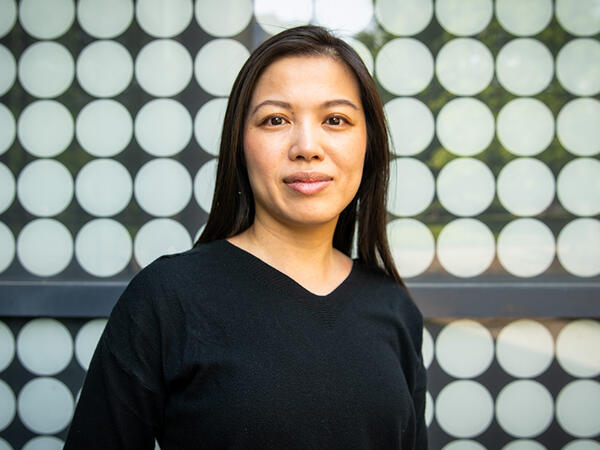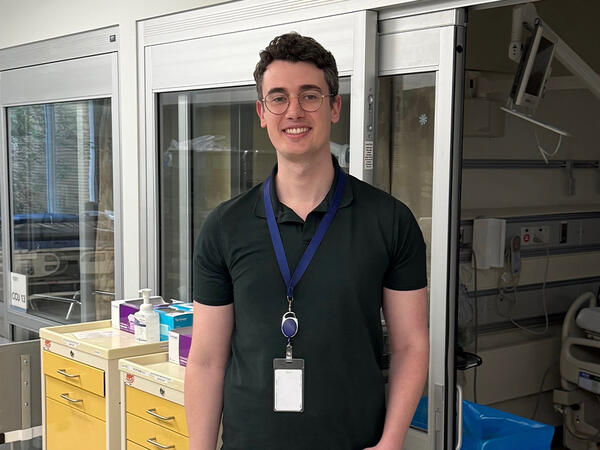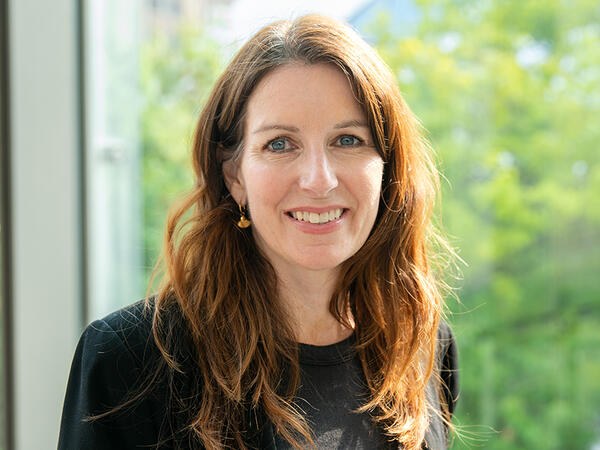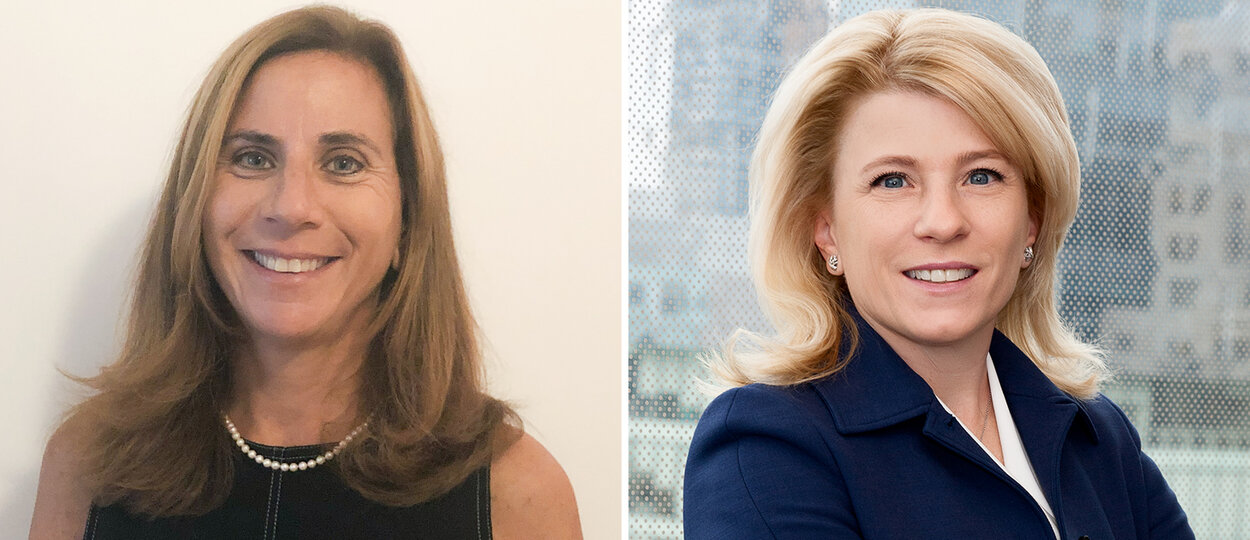Two research networks led by Leslie Dan Faculty of Pharmacy faculty members and tackling different challenges within pharmacy have each received a University of Toronto Connaught Global Challenges Award. Jillian Kohler, professor, and Shana Kelley, university professor, have each received $250,000 to enhance their multidisciplinary research networks to include more international collaborations and develop new training opportunities for students and young researchers.
Kohler, also director of the WHO Collaborating Centre for Governance, Transparency and Accountability in the Pharmaceutical Sector at U of T, is a leader in studying corruption in the pharmaceutical sector and mechanisms to counter corruption. As a large and complex sector that intersects with many other fields, the pharmaceutical sector has ample opportunity for corruption – defined by Transparency International as the “abuse of entrusted power for private gain” – from research and development to procurement and distribution. And corruption in this sector has significant effects on health outcomes, making it difficult for some vulnerable populations to access essential medicines.
Kohler says that, while corruption has long been a silent risk to the pharmaceutical sector and access to medicines, it is an even more pressing issue now because of the COVID-19 pandemic.
“In an emergency situation, oftentimes emergency procedures are in place and standards are relaxed, and that can potentially create more opportunities for corruption,” she says.
“We need this network and this research now more than ever, when we’re dealing with health systems that are being slammed by this pandemic.”
The network – which includes experts in pharmacy, medicine, nursing, law, political science and other disciplines – will examine where the pharmaceutical sector is vulnerable to corruption, with a focus on industry regulation and government procurement. It will study the anti-corruption, transparency and accountability mechanisms that may help to reduce the risk of corruption, particularly the characteristics that make a mechanism effective, robust and sustainable over the long term. The evidence and knowledge generated through the network can then be used by countries and global organizations to develop their own anti-corruption policies.
Award will allow new training opportunities for young researchers
With a multidisciplinary group of researchers established at U of T examining these issues, the Connaught Global Challenges Award will allow the network to broaden and include experts from around the world. “Corruption in the pharmaceutical sector is not specific to one country. This is a global issue. It’s multidisciplinary and is related to many other sectors,” says Kohler. “This is a very thorny problem that needs a lot of thinking and action that is not specific to one discipline or one sector.”
Quinn Grundy, assistant professor at U of T’s Lawrence S. Bloomberg School of Nursing, is an expert in commercial influence in health care, specifically related to nurses. She adds that, while much corruption research has focused on individual actions, a broader perspective is needed. “We need to view the system, the regulations and the policies that create the environment in which corruption and conflict of interest can either thrive or be mitigated, so that we don’t miss the bigger picture,” she says.
As a relatively junior researcher herself, Grundy is particularly excited that the new funding will allow the network to offer new workshops and training opportunities for students and trainees. “The training that we can offer to the next generation, and the potential for collaboration for researchers starting in an emerging program of research is really exciting,” she says.
Suzanne Cadarette, associate professor at the Leslie Dan Faculty of Pharmacy with expertise in real-world drug safety and effectiveness research, says that the funding from U of T reinforces the university’s commitment to collaborative research. “It really helps coalesce what we’ve been doing. Now that there’s more solid funding, more can move forward,” she says. “Having research staff and students to contribute, in addition to faculty members, is what often helps programs of research make progress.”
Global Challenges Program also supports new PRiME collaborations
The Global Challenges Program is also supporting the multidisciplinary precision medicine initiative, PRiME, led by Shana Kelley, to build new international collaborations that will accelerate drug discovery and technology development. The funding will allow PRiME to establish a speaker series, a trainee exchange program between partner institutions, and a program for undergraduate students to gain hands-on experience in labs of PRiME researchers.
The new collaborations and training opportunities are meant to help the group share knowledge and generate new discoveries to understand the biology of disease, create new diagnostic tools and develop new therapeutic strategies.
“We are very grateful to the Connaught Global Challenge Program for the support of our effort to establish new partnerships with several of the best universities in the world,” says Kelley. “The Connaught- funded effort will connect our faculty with outstanding collaborators around the world and will give our trainees opportunities to broaden their networks and access critical expertise.”
More News
Image

Welcoming Ivy Lam as Academic Lead in Climate, Health & Sustainable Care
Assistant Professor Lam will guide the Leslie Dan Faculty of Pharmacy's efforts to embed environmental sustainability across the Faculty.
Read More
Image

Pharmacy alum’s research shows how full-scope practice improves cancer care
Honoured with a national award, Adrian de Boer says his residency experience was a powerful reminder that he's making a meaningful change to the pharmacy profession.
Read More
Image

Pharmacy alum passionate about helping community pharmacists practice to full scope
As a pharmacy leader at Rexall, Heidi Wittke uses frontline experience to lead initiatives that improve patient care
Read More
